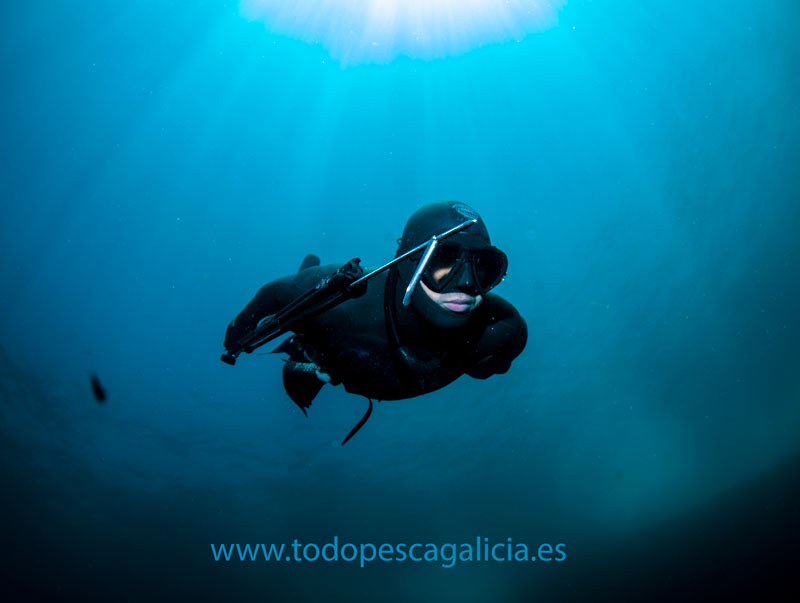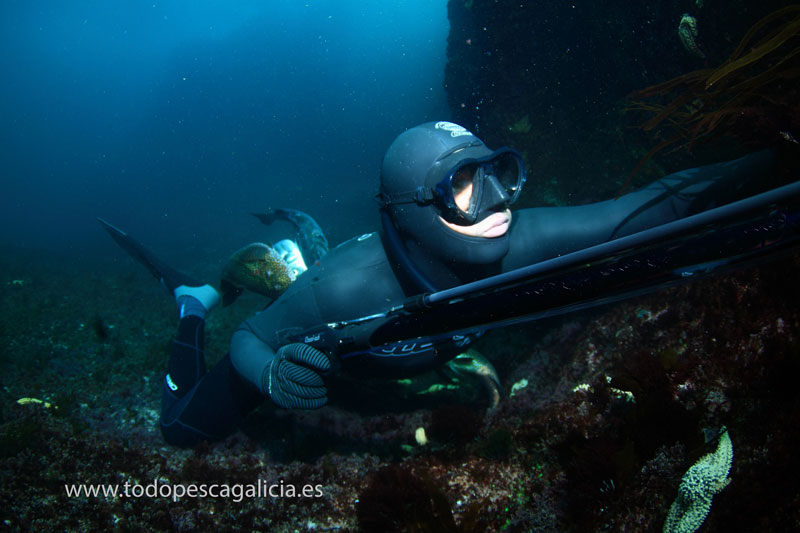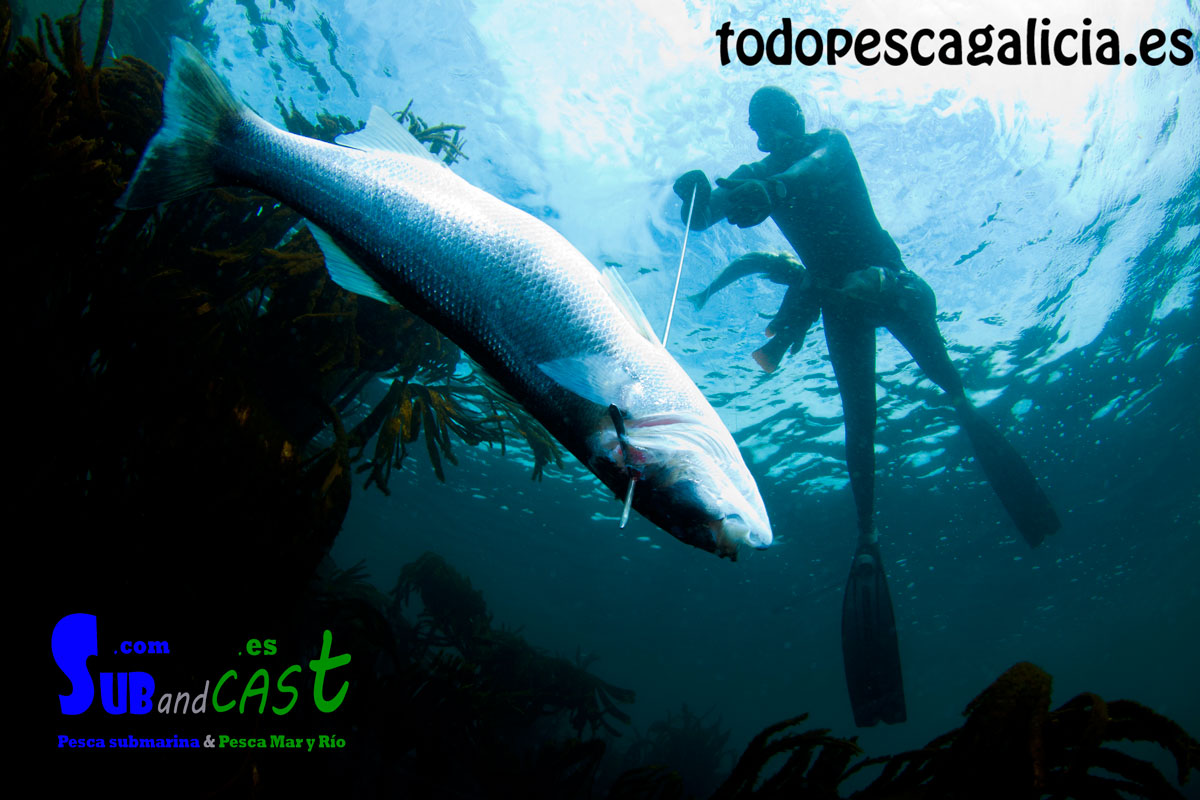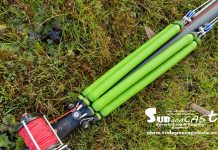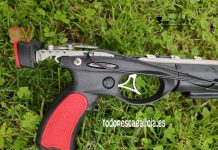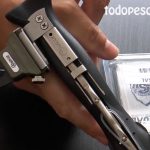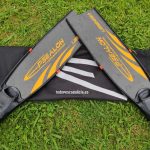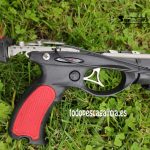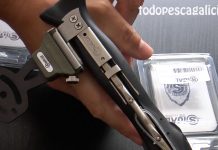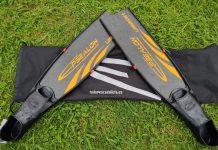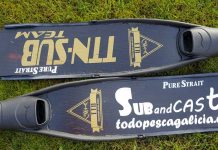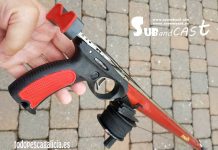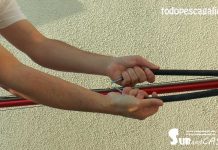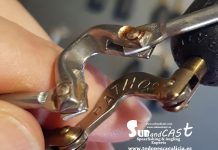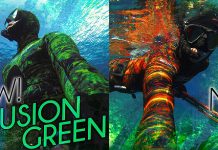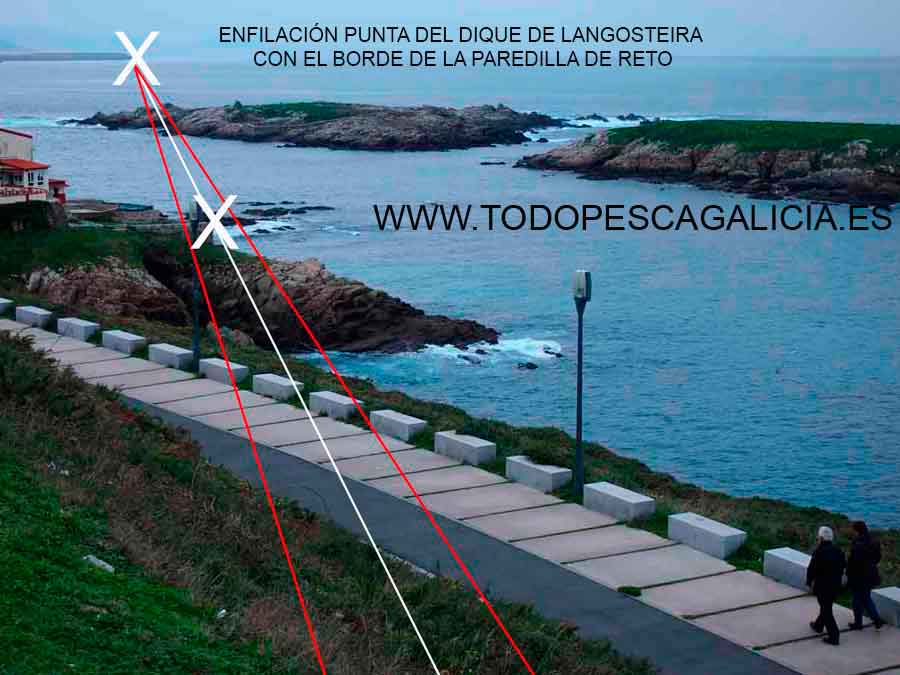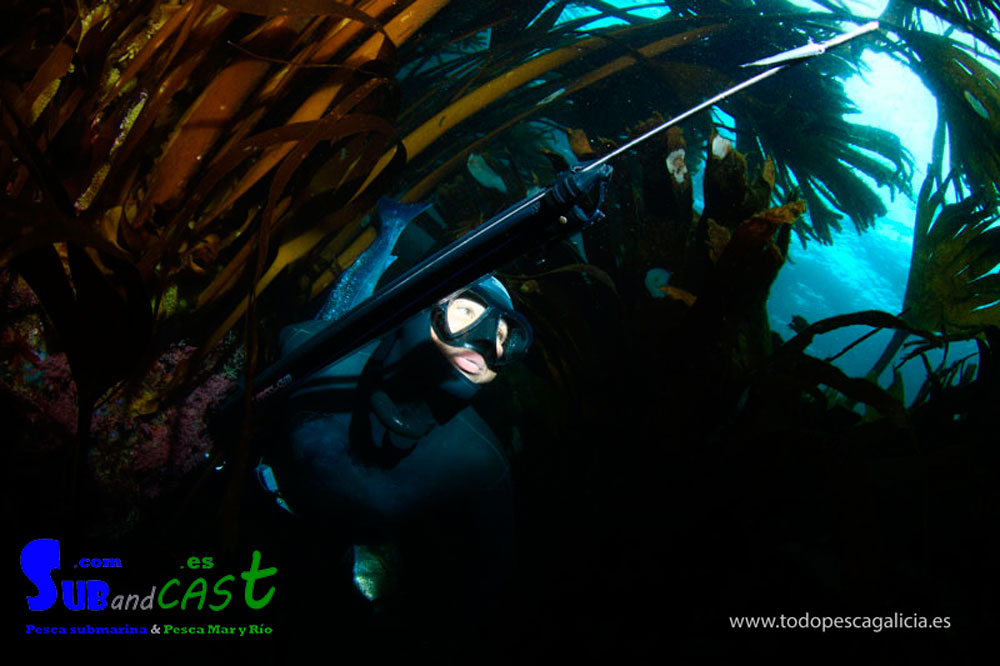HOW TO EXTEND YOUR APNEA AND DIVE DEEPER
It is probably most asked question in Spear fishing. Mostly asked by new Spearfishers…or after watching incredible videos on internet at forums, when we see what some Spearos can do. Having long breath holds and fishing very deep. So we too desire to dive deeper and have longer bottom time. “Unfortunately” this question is always asked. I say unfortunately, because it is wrong question to be asked and it causes many deaths and dangerous situations.

Spearfishing is sport where not only physical capacity is important, but there are other factors involved, too. Experience, instinct, watermanship or aquacity just to name a few, all “painting the whole picture”. This is what makes a good and safe spearfisherman. For example good Apneists, who recorded videos, they weren`t good spearfishers. Yes, they can dive very deep and in some conditions could catch good fish, but we could catch same good fish in other conditions, if we are good spearfisher.
Good comparison would be an athlete, who trains running a lot… playing football match. All of us understand, that to play football, we need to run. But there are so many other skills needed to be a good football player, other than running.
In this article, we are going to talk about this question and try to form an answer, but it could be different than expected.
Apnea and longer breathold.

Spearfishing is practised in Apnea, we need to hold our breath to do it. But it is only one of its characteristics. We will try to explain apnea in Spearfishing also importance of length of bottom time while doing so.
Apnea as everything else is necessary to train. We can find a lot of exercises out there, tables, apnea walk etc. Clearly, it is not something we will master in few days…it takes time. However in Apnea courses we do obtain results quickly. They are above all, thanks to controlled environment, feeling of security, calm waters, perfect conditions and instructors tips. We are not saying that it`s not recommended to do a course, all information’s learned at course will help us. But it`s not essential and depending on person, it could be counter-productive.
Once taken out of perfect conditions, without enough experience in the sea, this could create risky situations. When training apnea in pool, controlled by instructors in total calm enviroment is very different to spearfishing in open sea, with waves, currents, cold and possibly alone. In such conditions urge to breathe comes much earlier, allowing us a reserve, to be safer. If we skip this phases of learning and we can hold our breath for longer, we come much closer to our limit and possibility of black out will be much bigger.
Sometimes when we think, that we have increased our apnea, truth is that we only came closer to our limits, but easier. Apnea is same, but in one situation urge to breathe comes earlier ( have more time before black out ) and in other situation we are closer to black out. Apnea is same at moment of black out, but in first situation we are more aware of danger.
In water, with a lot of hours of spearfishing under the belt, knowing yourself is a natural way of progress, we will find out what our limits are and increasing of performance is steady and progressive. Step by step. So the advice here is to go out spearfishing as often as possible.
We understand that sometimes it is complicated, if we can’t do that, we should understand that we couldn’t compare to spearfishers that are all days in the water.
The key points for good apnea are:
- Good breathe up. Totally relaxed at surface, slowing heart rate down. Breathe normally, don’t hyperventilate. When you are ready, start your dive.
- Concentration, you should know what you want to do. Don’t improvise, from previous dives you know, where you want to go and what to do. Maximising bottom time.
- Good ballast. At bottom we should be neutral. Not floating up or falling down. If you are floating up you need to get hold of something at bottom and apnea will be reduced.
If falling down, ascent will be more complicated and it is dangerous if you are very deep.
- Security- never force the apnea. Always come to the surface comfortable, with some time as reserve. Not only to prevent accident (black out). But also when you force you apnea, you next dive will be affected.
- Watermanship and technique. We need to know how to fin properly. Going down directly, not in angle…this takes time to learn. With a good finning we can double our descent and ascent speed. So we have more time at bottom and more safety. Good technique is stronger than strongest muscles.
Now, the key to the good spearfishing at bottom.
Long time lying at bottom doesn’t guarantee us seeing more fish. Most probably we will see variety of fish but too far away from us…for a longer time. With no result…no catch. It is not certain that more “delicate” fish will come closer, by just lying at bottom for longer time. Most important is to choose the place correctly, that will hide us well, don’t move your eyes and do only smooth movements. Thus spearfisher with shorter apnea and good technique will have better results than another one with longer apnea but less technique. Best of all, while learning technique, apnea will increase progressively and safer.
Down deep

Other question that some spearfishers consider important is to dive deep, so many metres. Usually thinking that deeper the dive, more and bigger fish is to be caught there. Sometimes, not necessarily the truth.
When spearfishing deeper, we need to account for different conditions:
- Length of Apnea. But we don’t need a big apnea. For example for an expert spearfisher, in good conditions, with one minute could stay fishing in 18-20m. Of course, he will have sufficient apnea reserve in case something happens. With 1m/s of speed, he can stay on the bottom 20s. ( 20s of descent, 20s bottom time, 20s ascent)
- Good ballast. It could be very dangerous fishing deep if we are not correctly weighted.
- Right equipment. And we are not talking about fins as many spearfishers thinks that’s the only important. More important would be wetsuit, one that doesn’t loose too much buoyancy, or changes our buoyancy dramatically on descent. And good fins for us, Carbon is not necessary, for very long time I was fishing with thermoplastic fins and they were perfect or at similar level. But if one likes carbon fibre and can afford to pay for it, it is a good option.
- Equalisation. It is very important one can equalise properly. With increasing depth, equalising becomes more complicated. So many Freedivers and Spearfishers are limited by this factor. They have a long breathold, but cant compensate beyond X metres ( we are talking about deep equalization, 40-50m)
- Good start. At beginning of dive, it is very important to have correct movement. Fluid and well executed, not stressed.
- We should be confident of what we want to do at bottom. Hole that we want to check or where we go, if you are too far, it is better to abort the dive and restart.
- Water temperature. It is the biggest obstacle in deep spearfishing. Reduces our breathold and increases risks. Normally in warmer waters we can go deeper and have longer apnea.
Another question to consider is that with increasing depth and longer bottom time, each meter deeper gets more complicated, that will require more time to train and involves bigger risk. It’s not same to improve from 10 to 12 metres as it is from 20 to 22 meters. Again this takes time, patience and training.
Besides depth and apnea, there are often unexpected accidents in spearfishing and many times are always same. Entanglement in lines and ropes of the buoy or speargun, cramps, etc.
If situation like this occurs in comfortable depth with sufficient apnea in reserve, we will learn how to solve it. Next time it happens we won’t panic. But it is different story if it happens very deep, where we are at our limits with breathold, this mistake can be fatal.
Well, after all this boring facts, we can come to conclusion:
As any other sport, we need training, practice and continuity. As compared with athletes earlier, if you don’t train very often you can’t expect to be fit. Continuity is required. And we will see results step by step, not in few days, but weeks, months and years. There are no tricks, runners that make us run faster, fins that make us dive deeper.
We shouldn’t compare ourselves to professionals. We could see athletes who run so fast and that will never be as fast as them by training for only few weeks. In spearfishing is the same.
If you dive often, you will be fit and your apnea will be longer and you will dive deeper. If you can’t dive so often, you should resign yourself to fishing where you are comfortable. If it is in 5m, don’t fool yourself and pretend to be someone else, trying to dive deep and stay long at bottom.
We should aim to learn how to spearfish and in process our breathold and depth will increase, so will security. And best of all we will become good spearfisher.
Spearfishing is hobby, not a job. Ultimate goal is to have a good time, not a biggest fish or new record.
Thanks to Pavol Ivanov for your help!

